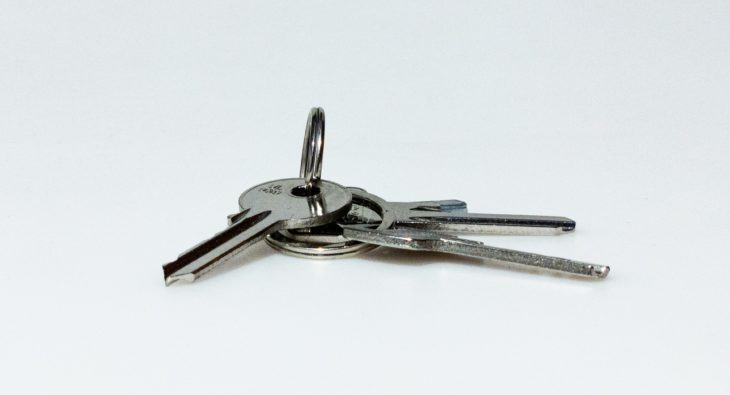Are There costs to the homeowner during a foreclosure?
Generally speaking, there are two different perspectives most homeowners have when facing foreclosure: 1) the idea that they will inevitable be losing their home, or 2) the mindset to do whatever it takes to keep their home. Whatever the perspective, it’s important to remember that additional costs may be incurred simply by getting to the point of foreclosure or pre-foreclosure.
Those interested in saving their homes from foreclosure will need to provide a lump sum payment in order to reinstate their loan. Nevada state law allows the homeowner up until 5 days prior to the sale of the home in order to submit that lump sum. However, oftentimes the further you move through the foreclosure process, the larger that sum becomes. Most loan contracts give the lender the ability to charge some, all, or in some cases more than the following:
- Late Payment fees
Late fees generally amounts to 4-5% of the overdue payment, though the exact fee will be outlined in your mortgage contract. - Non-Sufficient Funds Fees
If a payment method or bank account does not have adequate funds to fulfill the payment, a fee of around $15-75 may be charged. - Property Inspection fees
A lender may issue a property inspection to make sure the home is occupied and the condition of the property. - Specific foreclosure costs
The specific costs incurred through each phase of the foreclosure may include but are not limited to: property appraisals, attorney or trustee fees, filing fees, mailing costs, publishing and posting costs, etc.
When a foreclosure is finalized through the sale of the home, the earnings from the sale generally cover the cost of the homeowners’ defaulted mortgage. Sometimes, however, decline in property value or other circumstances may lead to a balance, or deficiency leftover between the defaulted mortgage amount and the sale price on the foreclosed home. Following a foreclosure, the lender may get a judgment to require the homeowner to pay the deficiency otherwise resulting in wage garnishment or other penalties. Read more about Deficiency Judgments in our blog “Can Foreclosure Take My Assets?”
The state of Nevada does have some limitations on when a lender is allowed to seek a deficiency judgment. A deficiency judgment is prohibited in Nevada if all of the following apply:
- the bank is a financial institution
- the loan is a purchase-money loan that has not been refinanced
- the property is a single-family residence owned by the borrowers at the time of the foreclosure sale
- the borrowers have continuously occupied the property as their principal residence after getting the loan, and
- the loan was obtained on or after October 1, 2009.
If you are facing a foreclosure, or worry you may be in the future, speak to an experienced foreclosure defense attorney as early in the process as possible. Set up a meeting with our team to discuss your particular situation and any and all available options. Contact us at (702) 998-1188, info@ljlawlv.com, or by scheduling a consultation online.
For additional information on Foreclosure and other related topics, be sure to check out our Foreclosure Defense blog, and Foreclosure Defense TV playlist on Youtube.

